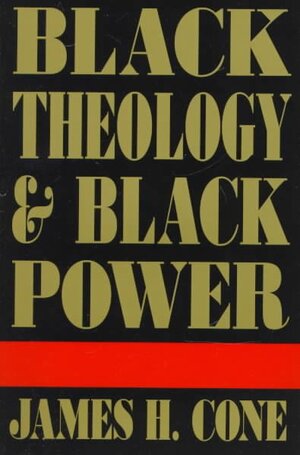pic above is near Wolverhamption in the 1930s and is generally thought to be the inspiration for Mordor. LOTR has a fairly good class analysis that is largely missed in the cultural imagination
good tweet thread here which i've summed up below
people seriously misunderstand Tolkien when they make as if the orcs are some racist caricature when they’re rather an unkind but not unfair classist portrayal of a toiling industrial working class press ganged into labor and war coaxed by their hatreds and desire for consumption
culturally, orcs are bogans. the crude ill-educated ruffians spiteful and jealous of the bounty and sophistication of the kingdoms of me , dwarves, and elves living in fear and hatred under the cruel whips of their masters
throughout LOTR you have the average orcs, basically industrial labourers and peasants pushed into war units, chafing under their petty bosses ready to cut their throats and go their own way but for the fear of Nazgul overlords basically acting like Pinkertons
this is hardly a deep reading, it’s all within the text , Shagrat and Gorbag complain about “the Big Bosses” and the Nazgul being used as terror and enforcement of the orc workforce, they even have their own dreams of leaving Mordor and living free with “no big bosses” !!
when Tolkien shows us the inner workings of Mordor industrialisation and militarisation and the conflict between Uruk Hai arriving and displacing the local orc workforce has brought the society to the brink of collapse, this is how Sam rescues Frodo from Cirith Ungol
Mordor is not a unified front, it is a totalitarian society dominated by Sauron’s control of the industrial machines that the orcs are pushed into running through fear, intimidation, and a drive to let out frustration on the other races but within are rebel factions resisting
it’s hard not to read The Lord of the Rings through a class lens when right off the bat you open on chapters and chapters of a playful tweaking of rural parochialism and the cultural tensions between the working peasantry working the fields and mills and the gentry who live above. Bilbo lives in the grandest hill atop Hobbiton idly pursuing learned pursuits of Elvish and history secure in his rare richness above the mass of Hobbit peasants and workers whose labour he benefits from, Frodo and Gandalf call him Bilbo but everyone else calls him “Mr. Baggins.” Tolkien puts you in the beer hall of the Ivy Bush Tavern where the yokels like Ted Sandyman are complaining and suspicious of the idle rich "Mr. Baggins" who’s defended by his itinerate gardener Gaffer Gamgee who yet worries about Sam “learning him his letters” from Mr. Baggins. class division is a fundamental aspect of LOTR, basically everything you get with Bilbo in the opening of Fellowship could almost out of a PG Wodehouse book tweaking the peculiarities of the idly rich folk of English country estates
over the course of the trilogy Hobbiton goes from a society of self sufficient peasants trading with artisans and doing cooperative work under a benevolent feudal system of the Old Took and his family and the new money Baggins to exploited labor industrialising under Saruman
thoughts from our resident tolkien heads?

Maybe, but I'm not all that convinced. I feel like trying to find metaphors and allegory in something Tolkien wrote is wrong in that the author himself was adamantly against people reading that into his texts. "I despise allegory in all forms", and all that. The man was trying to create a mythology. That said, of course Tolkien was influenced by the world around him. Hobbits, for example, seem like Little Englanders that Tolkien seems to be exhausted with. I wouldn't be surprised if the industrial workers around him served as some sort of inspiration without being metaphor.
Edit: expanding on my point about the Hobbits... in the movies, they're generally portrayed as these cherub-like, happy creatures. And that's there in the books, certainly for specific Hobbits like Frodo or Sam. But in general, Tolkien portrays them as small-minded, gossipy, and self-interested. They don't care about Bilbo, they come to the party pretty much just for the food and drinks. They assume Bilbo is rich and will shower them with gifts (hobbits give gifts on their b-day). So when he just disappears, the Hobbits are at first a little pissed. The next day things are smoothed over a bit by Frodo handing out a lot of Bilbo's possessions. So reading all that, you can just visualize the kind of people that influenced Tolkien's description of the hobbits. HOWEVER, I think it's a bridge too far to say he's trying to make a social commentary about the middle classes in England at the time. So even less so about orcs, who get far, far less ink used on them to describe who they are and what their motivations might be.
Yeah theres a lot you can comment on and critique with Tolkien but it starts to become a bit of a reach when people start talking about how The Shire is Tolkiens ecofascist wet dream and ideal society.